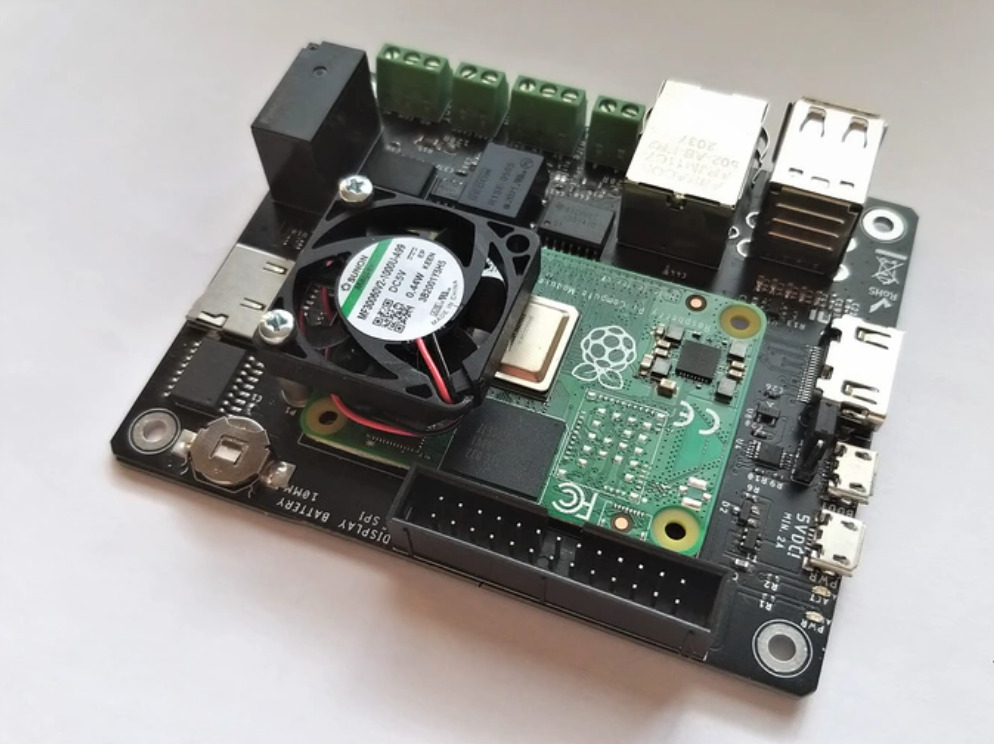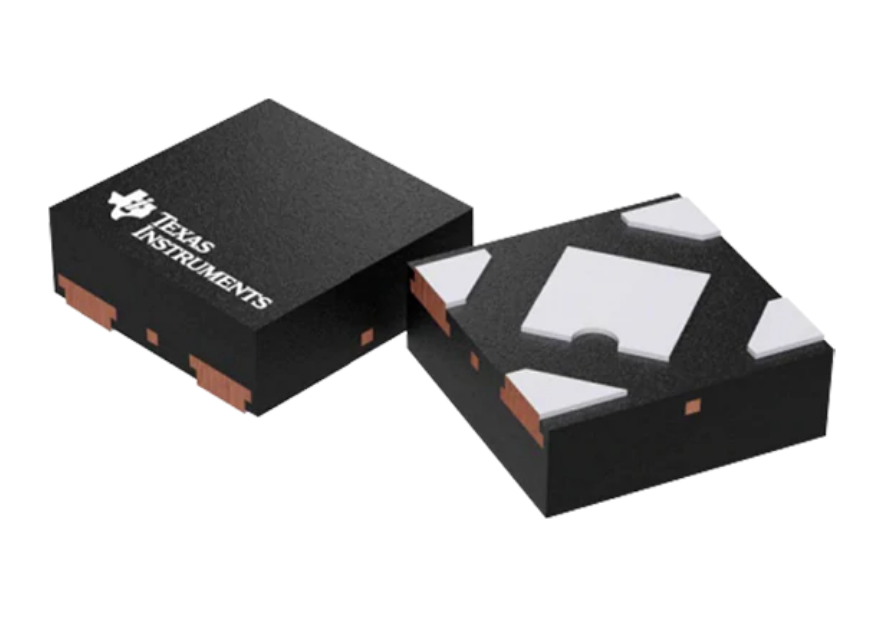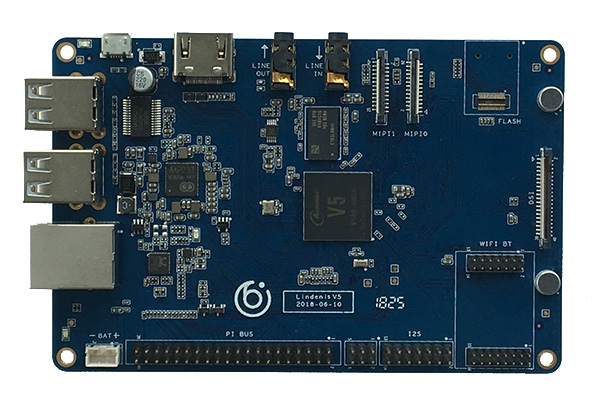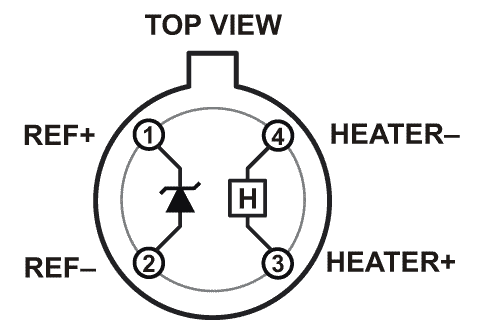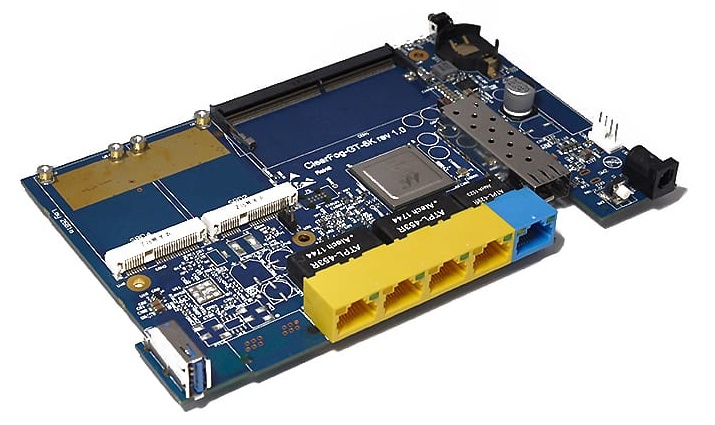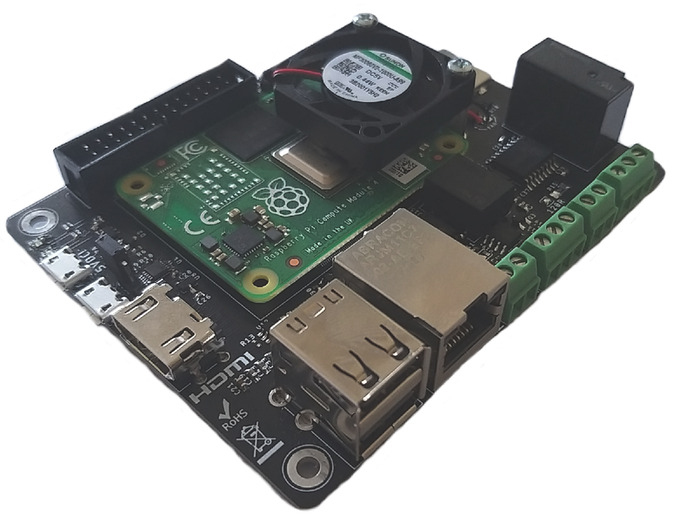
CM Hunter – Raspberry Pi Compute Module 4 board with ISO interfaces
Andreas Eberle and his team have created a new Raspberry Pi Compute Module 4 board with ISO interfaces: the CM Hunter.
“This is not just another Raspberry PCB,” says Andreas Eberle, as he emphasized that the powerful design tool is not just another IO board that requires you to buy so many different HAT modules. “This Carrier board was created by engineers for engineers, creators, learners, and hobbyists. It is specially designed to integrate the most commonly used interfaces and communication protocols without needing to buy additional expensive HATs.”
“When we started this design (March 2020), Compute Module 4 wasn’t released (October 2020). So, we used Compute Module 3+ for our tests. After the CM4 release, we upgraded our PCB files and Software codes. Now we have the final version of CM Hunter – Compact and Powerful.” Andreas Eberle added.
The CM Hunter carrier board has almost the same functionalities as the official carrier board of the RPi CM4 but within a smaller form factor. It uses a 1.5GHz 64-bit quad-core Cortex-A72 (Arm v8) CPU, with 1GB, 2GB, 4GB or 8GB LPDDR4 (depending on variant) with on-die ECC. It also integrates the most common communication protocols: RS485/Modbus isolated, CAN 2.0B isolated, 1-Wire isolated, HDMI 2.0, GbE, USB 2.0, 2.4 GHz, 5.0 GHz IEEE 802.11 b/g/n/ac wireless, Bluetooth 5.0, and BLE. The carrier board also features an RTC, a relay for switching power circuits, an LCD Display, an SD/MMC card, and a 5V 30mm x 30mm x 6mm Maglev cooling fan that helps to keep the temperature of the CPU below 50°.
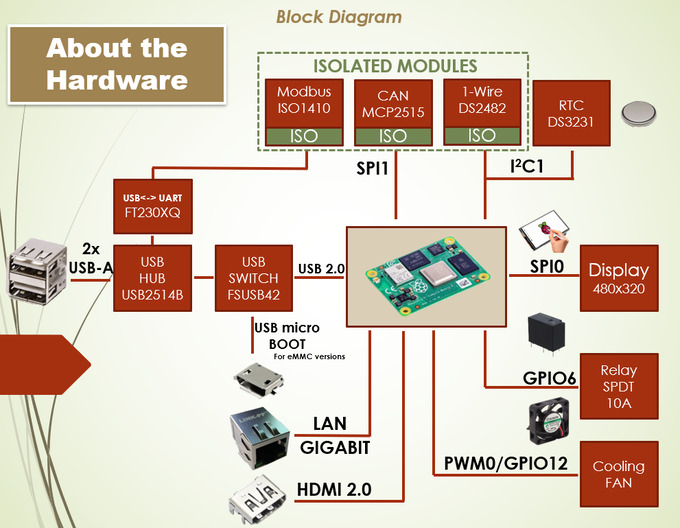
Application scenarios for the board include storing data on a USB stick, reading sensors, easy sharing data files between all communication modules, cloud servers, etc. The board can also be a perfect solution for studying Python and Linux. WiFi and Bluetooth also allow more connection possibilities with the board.
The board supports Raspbian GNU/Linux 10 (buster), Python 3.7, and PySide2 5.12. The project team also reaffirmed that they still believe in open source projects and as such, would make all design files completely open source.
“We are happy to submit CM Hunter. All design files are Open Source and in future, we will upgrade them with more interesting features. Source codes will be available at the End of our Campaign in our Github Channel: Eagle Schematic and PCB design files and Custom Raspbian Image with all Python libraries.”
More details on the CM Hunter board can be found on the Kickstarter page where the project is expected to launch soon.





